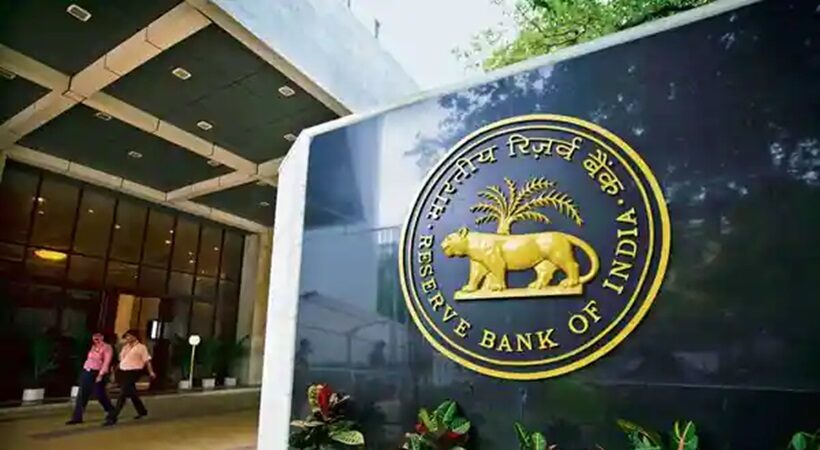Effective October 1, the Reserve Bank of India (RBI) ‘s new auto-debit rules will impact some periodic card-based payments of customers. The payment mode list includes debit cards, credit cards, Unified Payments Interface (UPI) or other prepaid payment instruments (PPIs).
In simple words, if one has been buying anything or making any subscription payments through recurring or repetitive payments, specially made through credit and debit cards and which are of the value of ₹ 5,000 and above, to his card, the payment may fail to go through until he approves the transaction.
The new norms have been introduced to protect customers from fraudulent online activities, specifically on third-party platforms. As the central bank wants to bolster the safety and security of customers, in terms of making recurring payments using credit or debit cards, it has introduced e-mandate on cards.
Customers thus now will be able to decide and fix the amount for such recurring transactions in advance. Besides, with the help of apps, they will also be able to cancel any such service that banks offer.
OTT subscription, food ordering using e-commerce websites, utility bills, etc., can be paid through alternatives. However, insurance payments are likely to be missed due to the rule change resulting in lapsed coverage.
The new norms notified by RBI will affect auto-debit, auto credit, chequebook and debit card payments if a recurring payment amount is Rs 5,000 or above. However, if the amount is less than Rs 5,000, it will not be impacted, as per the new RBI guidelines.
Under the new rule, banks will send one-time passwords (OTPs) to customers for any transaction above Rs 5,000. The repetitive transactions on a customer’s credit or debit card that don’t comply with this new rule set by RBI will now be declined by banks.
To execute recurring transactions, you will need to re-register yourself with each payment instrument like a debit or a credit card. When you are done doing this, the first recurring transaction will have to be conducted through an additional factor authentication (AFA) system, e.g., through approval in advance of such auto-debit requests, which are valued above ₹ 5,000.



















